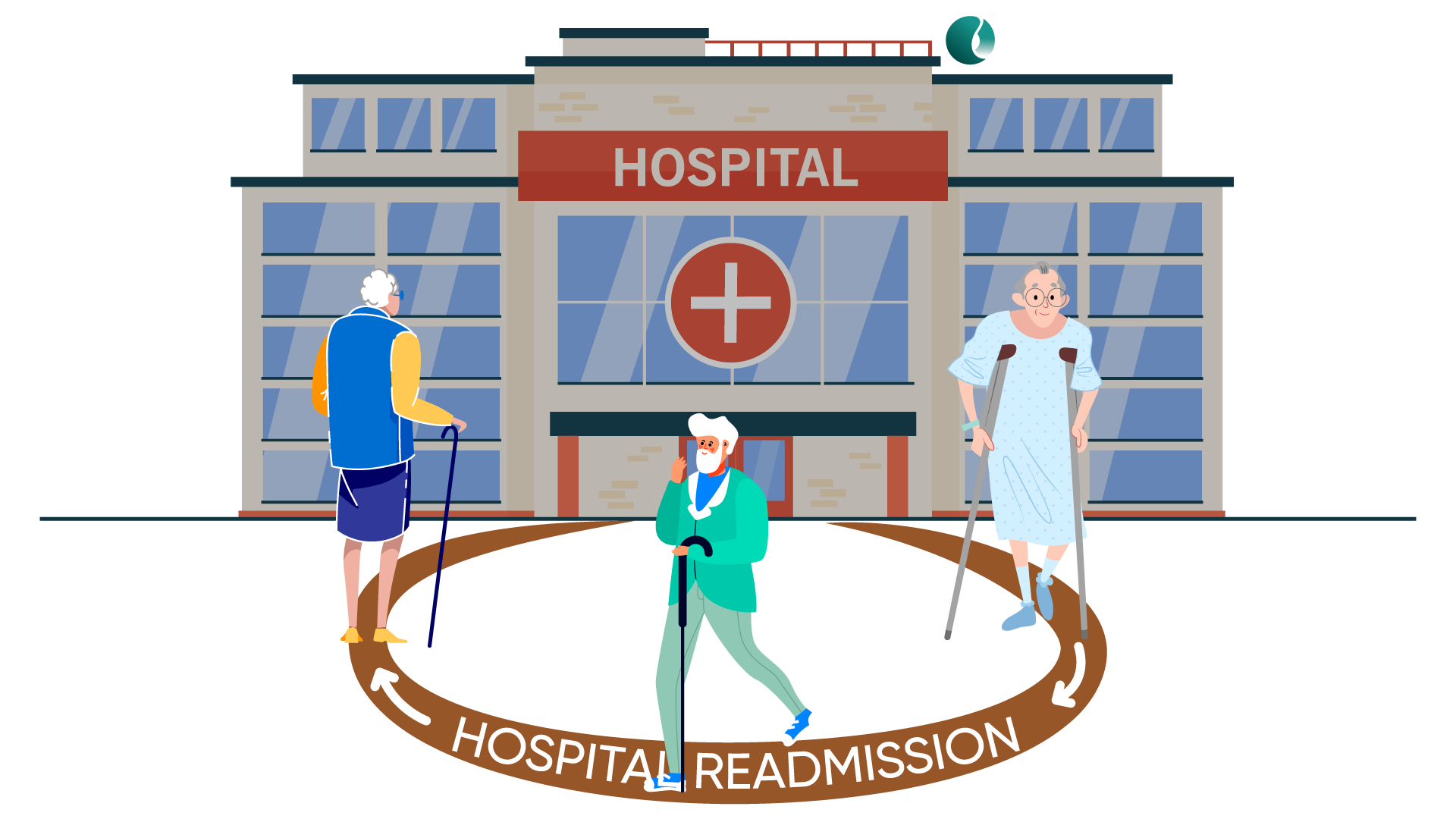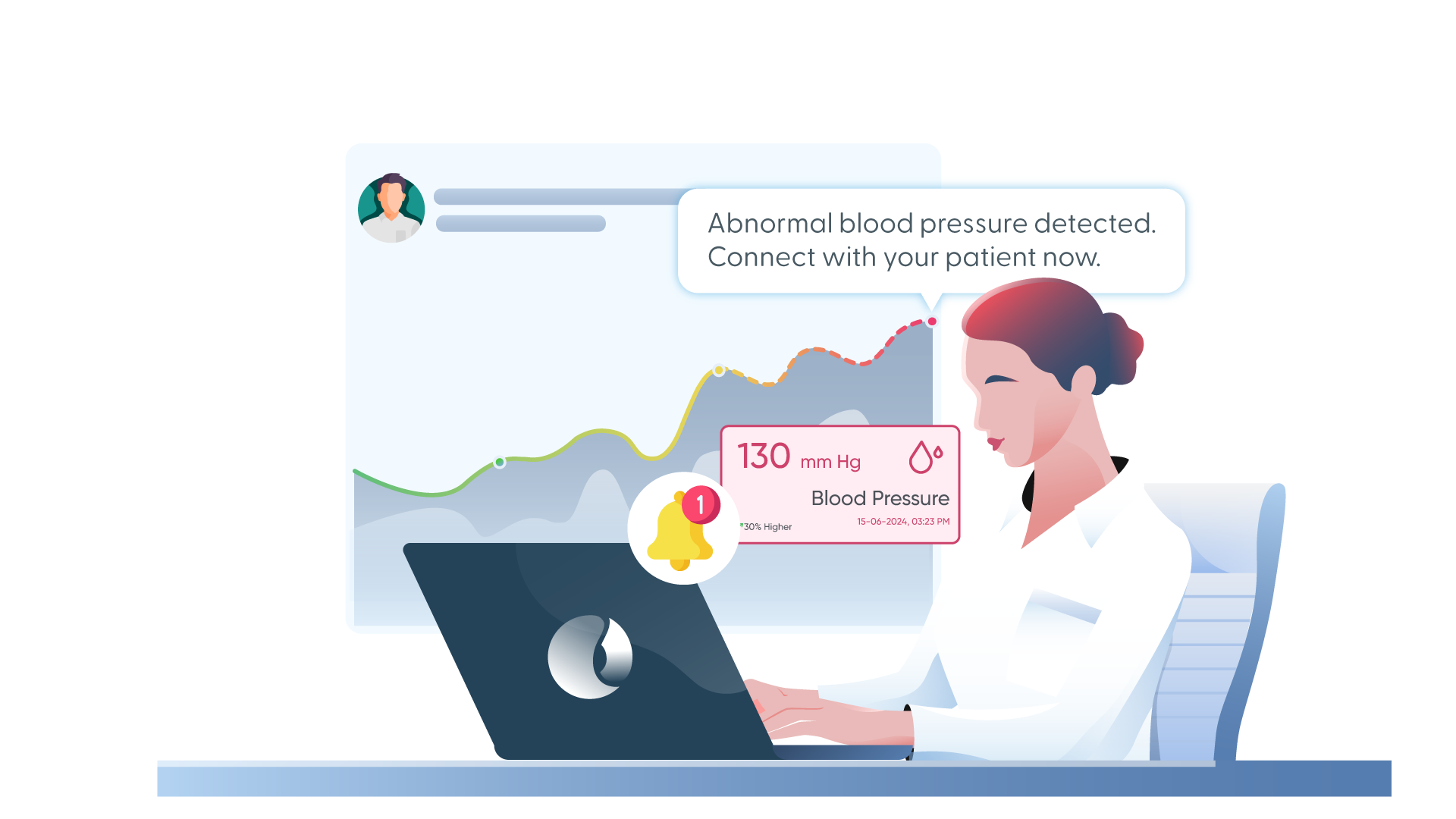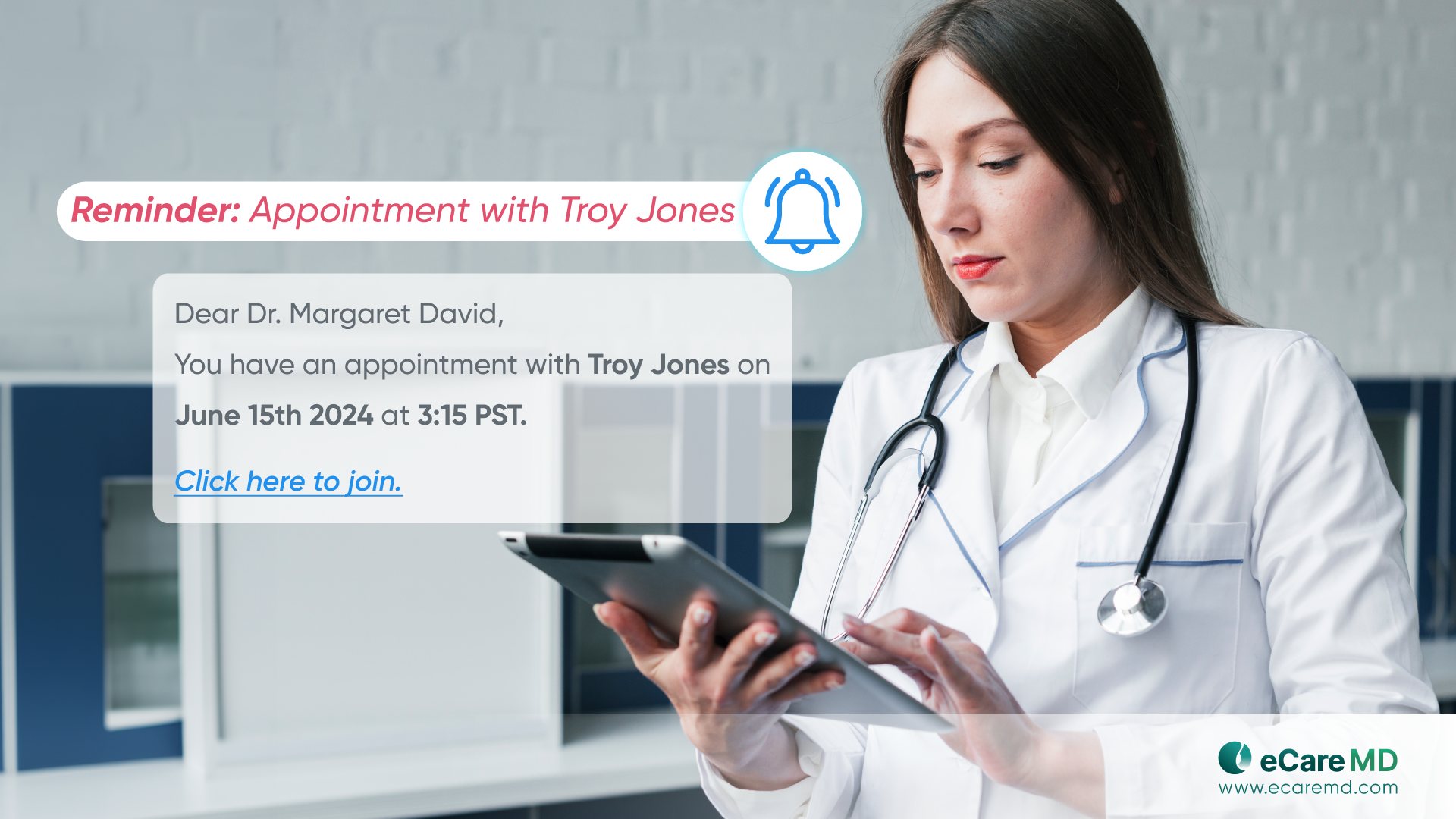Client Background
A well-versed client based in Alaska operates a network of hospitals that manage patients with multiple chronic conditions. The client manages these hospitals with a smaller number of medical professionals and uses EHR software.
Business challenges
While managing the patients, the client faced several challenges that affected patient health outcomes and satisfaction rates.
Some of the challenges faced by the client are:
1. Increased count of patient hospital readmissions

In the last quarter of 2023, the client identified a significant growth in patient hospital readmission rates due to the lack of preventive healthcare delivery and inefficient care coordination between the care providers. This significant growth in hospital readmission rates has put a psychological strain on care providers to manage the higher patient count.
2. Patient health evaluation Challenges
Due to the lack of health evaluation facilities in the existing software, care providers were not able to track patients' progress, identify difficulties patients were facing related to their health, and understand trends and changes in patient health who are at their homes. This lack of patient health awareness affected the quality of care and health outcomes of patients.
3. Delays in attending clinical activities
It is important to perform the required clinical activities based on the patient profile to obtain the expected patient health outcomes. The client identified that due to the low availability of medical staff and lack of communication between the care teams, the clinical tasks are not being attended to on time. These delays in attending clinical activities have affected the patient's health outcomes and emergency hospital visits in case of health complications.
4. Patient treatment adherence challenges
Due to the prolonged treatment duration for managing chronic conditions, the patients did not follow the prescribed treatment plans, such as medicine schedules, diet recommendations, exercise schedules, lifestyle routines, etc. This, in adherence to the recommended treatment plan, affected the health outcomes and led to hospital readmissions and emergency visits due to health complications.
Solution
To overcome the challenges the client has approached Medarch Inc for eCareMD software. Our team of business analysts and subject matter experts understood the client’s requirements and business challenges by taking multiple interaction calls and demonstrations. Our team has identified that effective care coordination can solve the problem and reduce hospital readmissions for patients.
After giving the client a proper understanding of how Medarch Inc.'s eCareMD care coordination software will help resolve the problem and get the approval, our team has implemented eCareMD software into the client’s practice.
Post implementation, the client experienced a significant reduction in the patient hospital readmission rate and improved health outcomes.
Solution Highlights
eCareMD software facilitates effective and efficient care coordination that uses advanced technological remote patient monitoring features.
Some of the key features that addressed the client’s challenges are:
1. System-generated alerts and notifications

One of the best features of eCareMD software that facilitates preventive care delivery and enables care providers to tackle patient hospital readmission challenges is the system-generated alerts and notifications. Using this feature, care providers can remotely monitor the health of patients at their home location. Remote monitoring devices continuously track the patient's health vitals and transmit the collected readings to the care provider’s eCareMD dashboard.
The software generates an alert if a patient's vital signs exceed threshold levels, which is notified to the respective care providers. The care providers then make the necessary interventions to resolve the health complications at an earlier stage. This helps in early detection of potential health concerns and reduces hospital readmissions and emergency visits.
2. Routine patient health monitoring
To understand and evaluate the patient's health, the eCareMD software enabled care providers to review the patient's health every month for ex-monthly care plan reviews, physician reviews, care plan progress, health assessment assignments, etc. These evaluations periodically helped care providers to understand the loopholes in the treatment, customize the care plan as per the patient's health needs, and identify the potential barriers that were making it difficult for patients to recover their health.
3. Task management for effective care coordination
Regularly attending and completing the required clinical activities over patient profile plays a crucial role in obtaining the expected health outcomes. The task management feature of eCareMD has made it simple by allowing the care providers to assign tasks to their respective care team members. Also, care providers have been notified of these tasks by email/SMS/push notifications before the due date and time. Hence, it allows care providers to attend to them on time. It improves the care coordination between the care team members and health outcomes for the patient.
4. Customizable reminders for medication, & appointments

Ensuring patient engagement and adherence to treatment plans is crucial for delivering value-based care. The eCareMD software has tackled this challenge by introducing customizable reminders. It enables care providers to configure medication reminders, specifying their frequency (hourly, daily, weekly, monthly, etc.) and the notification medium (SMS, email, or push notifications).
These notifications helped patients adhere to their prescribed medicine schedules, attend appointments, and more. They improved the patients' treatment adherence and engagement.
Value Delivered
1. 30% reduction in the patient hospital readmissions
The eCareMD’s alerts and notifications feature has reduced the patient hospital readmission and emergency visit rate by 30%.
2. Improved patient health outcomes
Periodic patient health evaluation, with reviews, assessments, and customization of treatment as per the requirement, helped obtain expected patient health outcomes.
3. Improved care coordination and clinical activities completion
Task management resulted in improved care coordination between care providers and the completion of clinical activities.
4. Improved patient treatment adherence and engagement
Features like customizable reminders helped patients adhere to treatment plans that resulted in improved health outcomes and reduced patient hospital readmissions.

